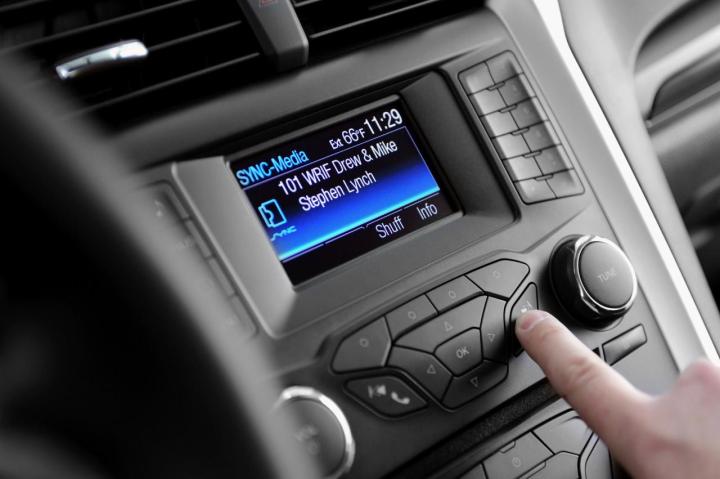
When Ford released it’s revolutionary SYNC system in conjunction with Microsoft, it was all the rage. But soon after it’s release, almost every other car company released their own, better, non-Microsoft version.
Over time, problems mounted with the SYNC system, including, but not limited to, random blackouts of electronics … for no explained reason.
Ford has inexplicably stuck by the Washington-based tech powerhouse. That is, until now. According to Bloomberg, Ford is planning to partner with Blackberry’s QNX division.
Now I already know what everyone is thinking: “Blackberry? They haven’t been relevant since before Barack Obama was President.”
While the company’s mobile phone sales are essentially lost to the ages, the QNX division provides infotainment systems for companies such as BMW, Audi, and Porsche. Anyone whose used the SYNC system and Audi’s MMI system will tell you there’s no comparison.
Although a few years late, this move is a great step for Ford. It wants to stay competitive in the in car technology market, which is becoming a significant factor for people searching for a new set of wheels.
With the move, Ford also gets a breather from Microsoft’s heavy license fees. The change doesn’t exactly have any good side for Microsoft, which had been buddy-buddy enough to consider Ford’s CEO as its next in line to steer the ship.
Microsoft is falling fast behind in in-car technology. Especially considering foggy partnership between Apple and Tesla and Ford’s seeking greener pastures, it might seem Microsoft has lost the car game.
Update: Ford has not made an official announcement, instead the information is originally sourced from Bloomberg.


